Cygnus
Cygnus was founded in 1989 by John Gilmore, Michael Tiemann and David Henkel-Wallace to provide commercial support for free software. The name "Cygnus" was chosen from among several names that incorporated the acronym "GNU." For years, employees of Cygnus were the maintainers of several key GNU software products.
S.u.S.E
S.u.S.E. was founded by Roland Dyroff, Thomas Fehr, Burchard Steinbild and Hubert Mantel in September 1992. S.u.S.E. is a German acronym for "Software und System-Entwicklung" (Software and Systems Development). S.u.S.E. became the world’s first provider of an Enterprise Linux distribution.

Red Hat
Bob Young founded ACC Corporation in March 1993 and the company was later renamed to Red Hat Software when merged with Marc Ewing's business.
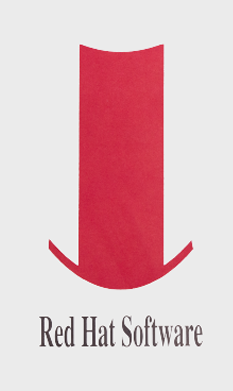
VA Research
VA Research was founded in November 1993 by Stanford University graduate student Larry Augustin and James Vera. A Research was one of the first vendors to build and sell personal computer systems installed with the Linux operating system.
Red Hat's IPO
Red Hat goes public in August 1999 with a record-breaking IPO. It would go on to become the first open source company to reach $1 billion in annual revenue.

Red Hat acquires Cygnus
Red Hat acquired Cygnus Solutions on November 15, 1999 for $698 million. The goal of the merger was to create an open source powerhouse to accelerate and support the rapidly growing adoption of Red Hat Linux and open source solutions in enterprise and Internet applications and a new generation of post-PC-centric computing.
Red Hat Enterprise Linux
On February 22, 2000, Red Hat releases Red Hat Enterprise Linux (RHEL), a Linux distribution for the commercial market.
Novell acquires SuSE
Novell announced the acquisition of SuSE Linux AG on November, 4 2003, at a price of $210 million.

Ubuntu and Canonical
Mark Shuttleworth gathers a group of Linux developers to create Ubuntu, a user-friendly Linux Distribution based on Debian. Canonical is founded to market commercial support and related services for Ubuntu.

Google acquires Android
Google acquired Android in July 2005 for at least $50 million. Two years after the sale, Google announced the Open Handset Alliance. In September 2008, Google released the first version of Android as open source.

Automattic
Automattic Inc. was founded in August 2005 by Matt Mullenweg, the founder of the WordPress project.

Open Invention Network
Open Invention Network (OIN) was founded on November 10, 2005 by IBM, Novell, Philips, Red Hat, and Sony. NEC subsequently became a Member. OIN's goal is to support freedom of action in Linux as a key element of open source software by creating a patent non-aggression community.
AWS
Amazon launches Amazon Web Services as a cloud computing platform.

Yahoo! releases Hadoop
Doug Cutting and Mike Cafarella released Hadoop on April 1, 2006. Hadoop provides a software framework for distributed storage and processing of big data using the MapReduce programming model. Hadoop was born at Yahoo! as a pioneering open-source project.

Red Hat acquires JBoss
On June 5, 2006, Red Hat acquired open-source middleware vendor JBoss for $350 million.
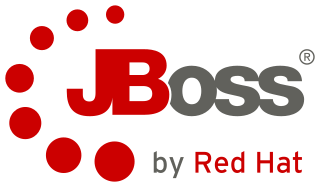
Sun releases OpenJDK
In 2006, Jonathan I. Schwartz became CEO of Sun Microsystems, and signalled his commitment to open source. On 8 May 2007, Sun Microsystems released the Java Development Kit as OpenJDK under the GNU General Public License.

Sun acquires MySQL
On January 16, 2008, Sun Microsystems acquired MySQL AB, owner of the popular open-source MySQL database for $1 billion.

Nokia Acquires Trolltech
Nokia Acquires Trolltech For $153 Million.
GitHub
On February 8, 2008, the GitHub service was made available by Chris Wanstrath, P. J. Hyett, Tom Preston-Werner and Scott Chacon. GitHub offers distributed version control and source code management functionality of Git.

Chromium
Google released the Chrome browser on December 11, 2008, using the same WebKit rendering engine as Safari and a faster JavaScript engine called V8. Shortly after, an open-sourced version for the Windows, OS X, and Linux platforms was released under the name Chromium. With a rapid release cycle and a focus on speed, Google Chrome eventually overtook all other browsers.
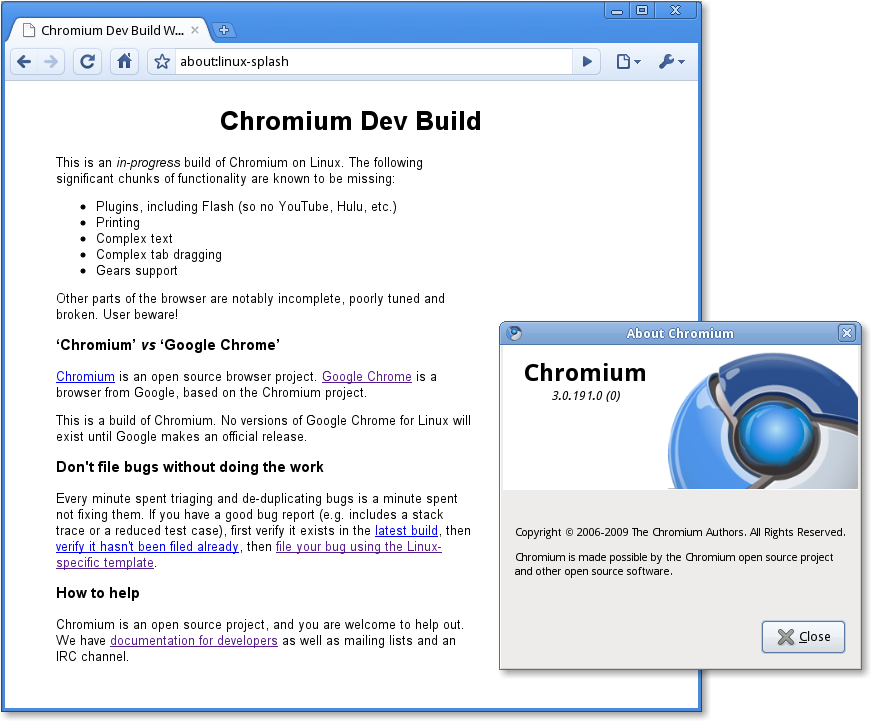
Cloudera
Cloudera was founded in October 2008 by Christophe Bisciglia, Amr Awadallah, Jeff Hammerbacher, and Mike Olson. Cloudera started as a hybrid open-source Apache Hadoop distribution that targeted enterprise-class deployments of that technology.

Oracle acquires Sun
On April 20, 2009, Oracle acquired Sun for $5.6 billion.

Cloudbees
CloudBees was founded in 2010 by Sacha Labourey and Francois Dechery. Later that year, CloudBees acquired InfraDNA, a company run by Kohsuke Kawaguchi, the creator of Jenkins, which helps automate the parts of software development related to building, testing, and deploying, facilitating continuous integration and continuous delivery.
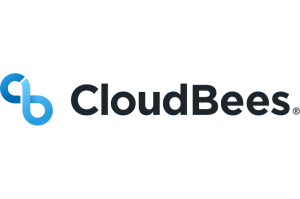
Docker
Docker Inc. was founded by Solomon Hykes and Sebastien Pahl in 2010. Docker was released as open-source in March 2013. At the time, it used LXC as its default execution environment.

Linaro
The founding of Linaro was announced at Computex in June 2010 by Arm, Freescale Semiconductor, IBM, Samsung, ST-Ericsson, and Texas Instruments in a joint press conference. Linaro was formed to provide ”new resources and industry alignment for open source software developers using Linux on the world’s most sophisticated semiconductor System-on-Chips (SoCs).”
Oracle sues Google
In August 2010, Oracle sued Google claiming that its use of Java in Android infringed on Oracle's copyrights and patents. The initial Oracle v. Google trial ended in May 2012, with the finding that Google did not infringe on Oracle's patents, and the trial judge ruled that the structure of the Java application programming interfaces (APIs) used by Google was not copyrightable.
Rackspace releases OpenStack
OpenStack began in 2010 as a joint project of Rackspace Hosting and NASA. As of 2012, it was managed by the OpenStack Foundation, a non-profit corporate entity established in September 2012.

The Attachmate Group acquires Novell
On 27 April 2011, the Attachmate Group acquired Novell for $2.2 billion. Under its new owner, SUSE remained a separate company. By June 2012, many former SUSE engineers who had been laid off during Novell's ownership had been brought back.
Red Hat releases OpenShift
Red Hat announces OpenShift in May 2011, a family of containerization software products. Initially it was proprietary, but later it adopted Docker as the container technology and Kubernetes as the container orchestration technology.
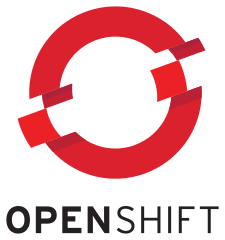
Chrome OS
Chrome OS is a Gentoo Linux-based operating system designed by Google. It is derived from the free software Chromium OS and uses the Google Chrome web browser as its principal user interface.
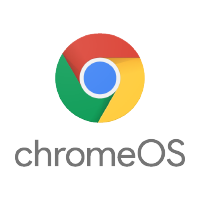
GitLab
The GitLab project was created by Dmitriy Zaporozhets and Valery Sizov on October 8, 2011. GitLab provides a Git-repository manager along with wiki, issue-tracking and continuous integration and deployment pipeline features. In July 2013, the product was split into two distinct versions: GitLab CE: Community Edition and GitLab EE: Enterprise Edition.

Azure adopts Linux
Microsoft announces support for Linux on its cloud service Azure.

VMware acquires Nicira
In July 2012, VMware acquired Nicira for $1.26 billion. Nicira Networks was founded by Martin Casado, Nick McKeown, and Scott Shenker. Casado led the development of the OpenFlow protocol for software-defined networking (SDN). McKeown and Shenker co-founded the Open Networking Foundation (ONF) in 2011 to transfer control of OpenFlow to a not-for-profit organization.
HashiCorp
HashiCorp was founded in November 2012 by Mitchell Hashimoto and Armon Dadgar. It provides open-source tools and commercial products that enable developers, operators and security professionals to provision, secure, run and connect cloud-computing infrastructure.

Databricks
Databricks was founded in 2013 by the original creators of Apache Spark, Delta Lake and MLflow.
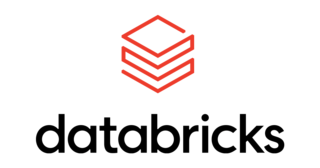
Cisco acquires Sourcefire
Cisco acquired Sourcefire for $2.7 billion in July 2013. The company's Firepower network security appliances were based on Snort, an open-source intrusion detection system (IDS).
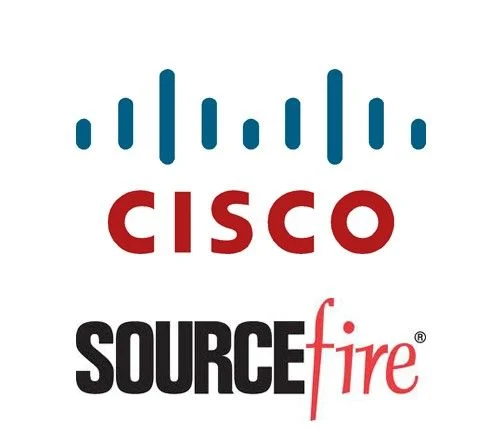
Google releases Kubernetes
Kubernetes is released as open source software. It was originally designed by Google based on the Borg project. Kubernetes is a container-orchestration system for automating application deployment, scaling, and management.

Confluent
Confluent was founded by the team that originally created Apache Kafka.

.NET goes Open Source
Microsoft releases the .NET server stack as open source, including ASP.NET, the .NET compiler, the .NET Core Runtime, Framework and Libraries, enabling developers to build with .NET across Windows, Mac or Linux.

Micro Focus acquires Attachmate Group
On 20 November 2014, The Attachmate Group and Micro Focus International finalized their merger, making Micro Focus International SUSE's new parent company. SUSE operates as a semi-autonomous business unit within the Micro Focus Group, with former president Nils Brauckmann promoted to CEO and member of the Micro Focus Group board.

Hitachi acquires Pentaho
Hitachi Data Systems Corporation (HDS) acquires Pentaho Corporation for $600 million, a leading big data integration and business analytics company with an open source-based platform for diverse big data deployments.
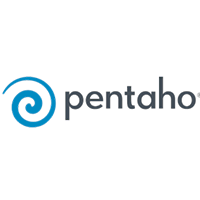
The Open Organization
Jim Whitehurst, former CEO at Red Hat and current president at IBM, published the book "The Open Organization." It provides insights on how to build a successful business based on many open source principles, including transparency, participation, and community.
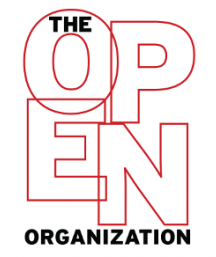
Red Hat acquires Ansible
Red Hat acquires Ansible for $150 million, an IT automation solutions specialist that helps companies build and manage hybrid IT deployments across the cloud and on-premise solutions.

Google releases TensorFlow
TensorFlow was developed by the Google Brain team. TensorFlow is a free and open-source software library for machine learning. It was released under the Apache License 2.0 in 2015.

Facebook releases PyTorch
PyTorch was developed by Facebook's AI Research lab (FAIR). PyTorch is an open source machine learning library based on the Torch library, used for applications such as computer vision and natural language processing, It is free and open-source software released under the Modified BSD license.

MongoDB's IPO
On October 20, 2017, MongoDB became a publicly traded company. A year later, its popular NoSQL database was re-licensed to the proprietary SSPL (Server Side Public License).

Red Hat acquires CoreOS
Red Hat acquires CoreOS, expanding its Kubernetes and Containers offering.
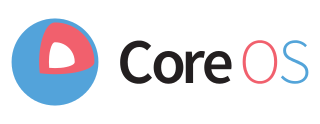
Salesforce acquires MuleSoft
Salesforce acquired MuleSoft for $6.5 billion. MuleSoft provides an open source enterprise service bus (ESB) and integration framework.

Adobe acquires Magento
Adobe acquired Magento for $1.68 billion.

Microsoft acquires GitHub
Microsoft acquires GitHub for $7.5 billion.

EQT acquires SUSE
EQT Partners acquires SUSE for $2.5 billion from Micro Focus.
Sangoma acquires Digium
Sangoma acquires Digium for $28 million. Digium's founder Mark Spencer created Asterisk, the open source software project that can be used to turn a personal computer into a communications server or VoIP phone system.

Cloudera and Hortonworks Merge
Cloudera and Hortonworks announced a $5.2 billion merger.
Elastic's IPO
On May 10, 2018, Elastic became a publicly traded company. The company commercializes Elasticsearch, which was an open source software.

IBM acquires Red Hat
On October 28, 2018, IBM announced its intent to acquire Red Hat for US$34 billion.

F5 acquires NGINX
F5 Networks acquires NGINX for $670 million. NGINX is a popular open-source web server.

Microsoft acquires Citus Data
Microsoft acquired open source PostgreSQL startup Citus Data.
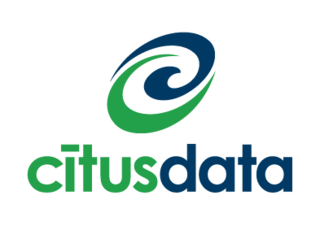
HPE acquires MapR
Hewlett Packard Enterprise acquired MapR Technologies.
VMware acquires Pivotal
VMware acquired Pivotal for $2.7 billion. Pivotal was rebranded as VMware Tanzu in January 2021.

Vista acquires Acquia
Vista Equity Partners acquires Acquia for $1 billion. Acquia was founded by Dries Buytaert, the founder of the Drupal project.

SUSE acquires Rancher Labs
SUSE acquired Rancher Labs, which provides a Kubernetes management platform.
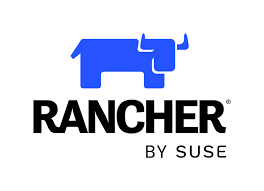
EDB acquires 2ndQuadrant
EnterpriseDB, a leading contributor to PostgreSQL, acquired 2ndQuadrant.
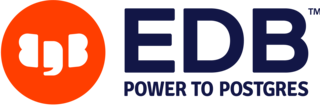
Thoma Bravo acquires Talend
Thoma Bravo acquired Talend for $2.4 billion. Talend Open Studio is the leading open source solution for data integration.

SUSE's IPO
On May 19, 2021, SUSE went public at the Frankfurt Stock Exchange with a market cap of around €5 billion (approximately US$6 billion). SUSE reported revenue of US$500 million in 2020.
